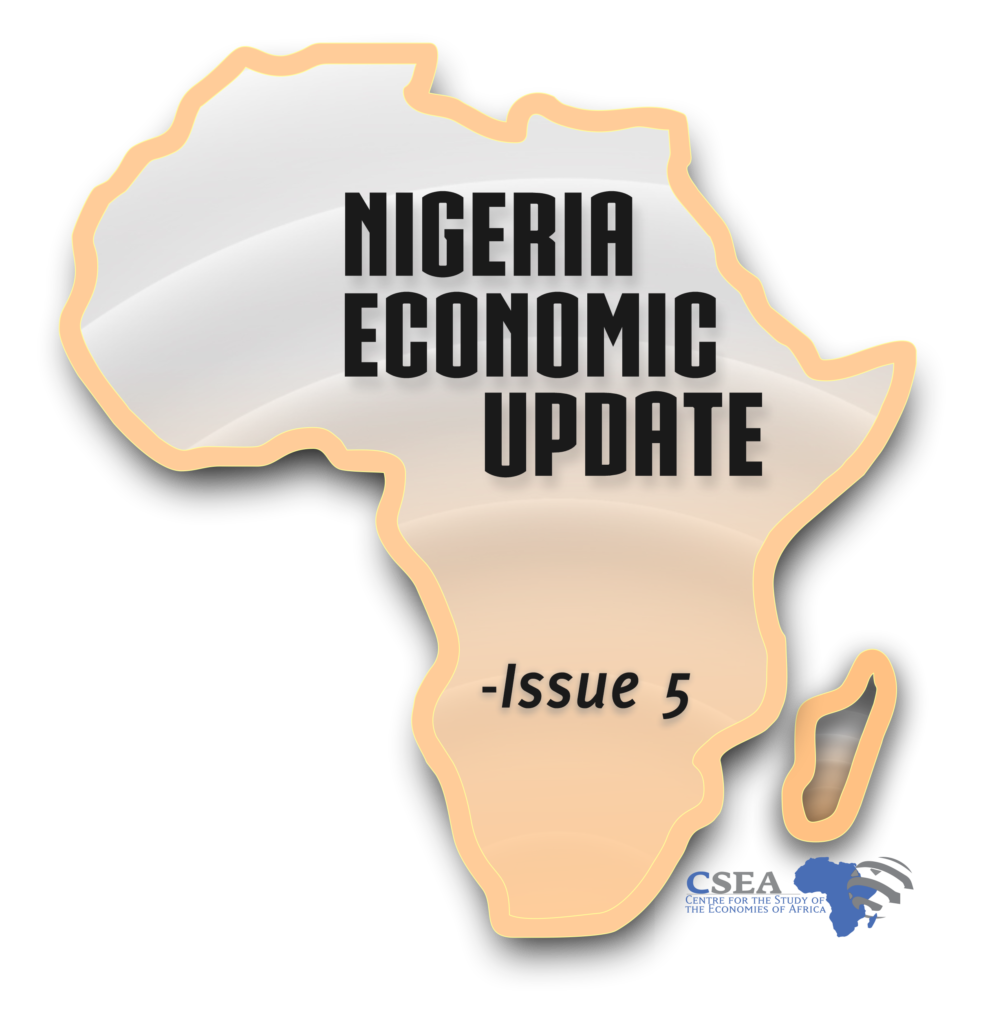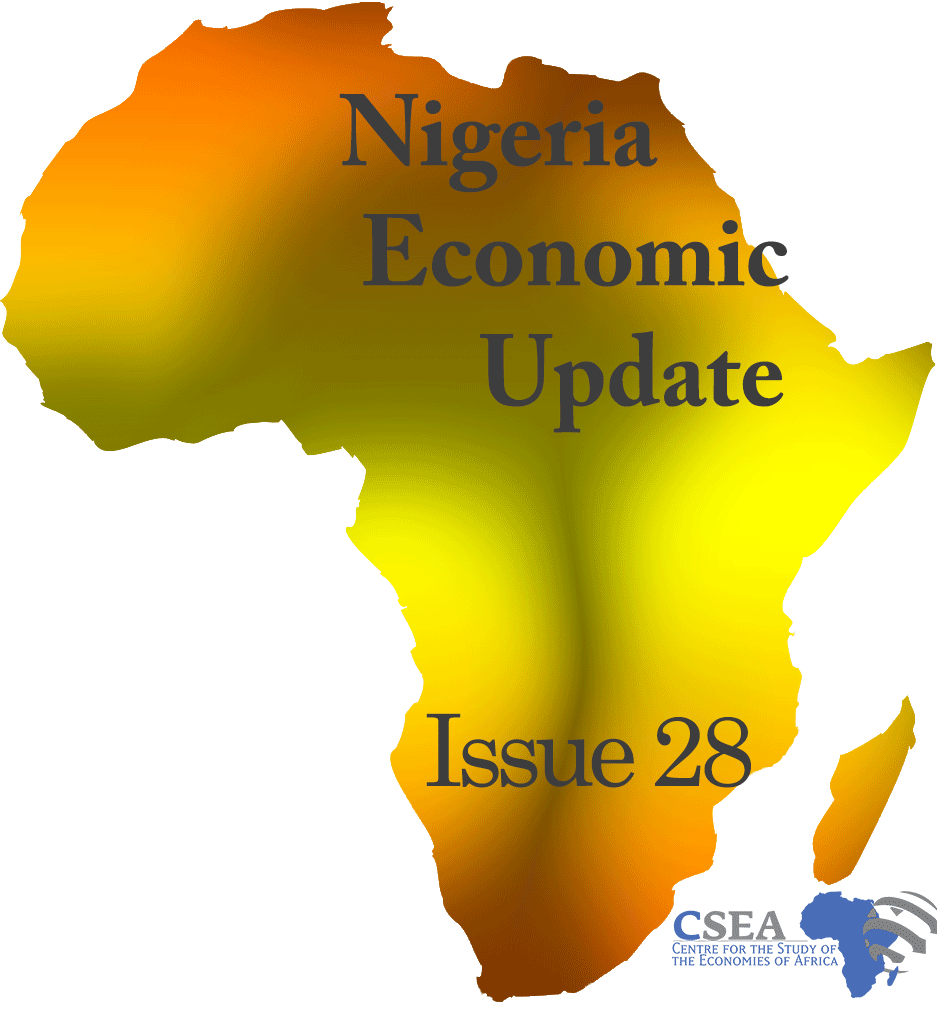Carbon pricing has been recognized not only as the most efficient economic policy instruments to internalize the social cost of emissions, but also as a major tool to generate public revenues that can be used to offset the potential adverse distributional effects of climate policy. However, in many developing countries, there is a widespread reluctance to commit to climate policy, largely due to financial constraints, a lack of public support, and concern over its regressive effects.This paper makes recommendations towards the design of an effective carbon pricing system that not only discourages air pollution but also encourages the gradual uptake of climate-friendly technologies by the private sector in Nigeria's oil and gas sector, while supporting public investment in sustainable infrastructures and projects that offset the distributional effect of the climate policy.
Download PDF

 English
English
 Arab
Arab
 Deutsch
Deutsch
 Português
Português
 China
China






